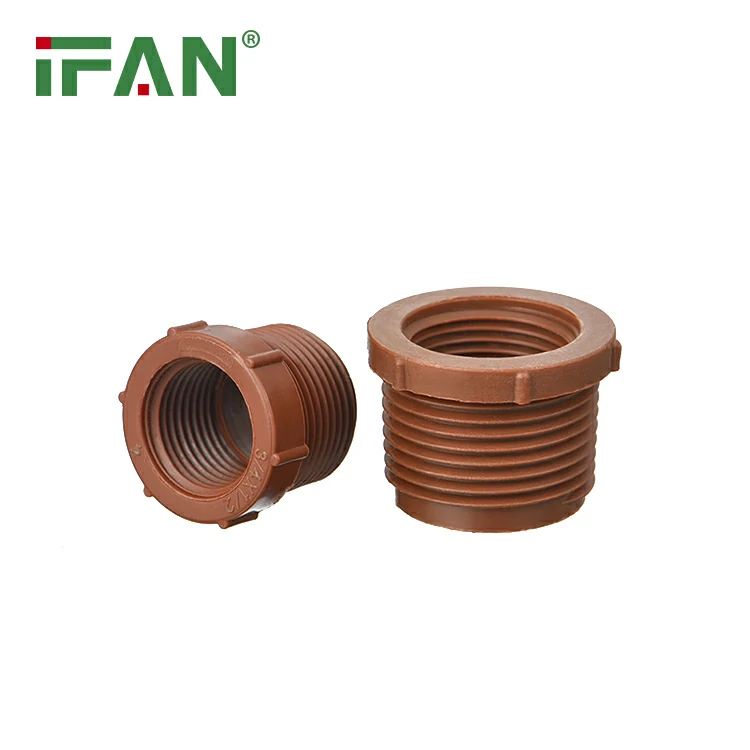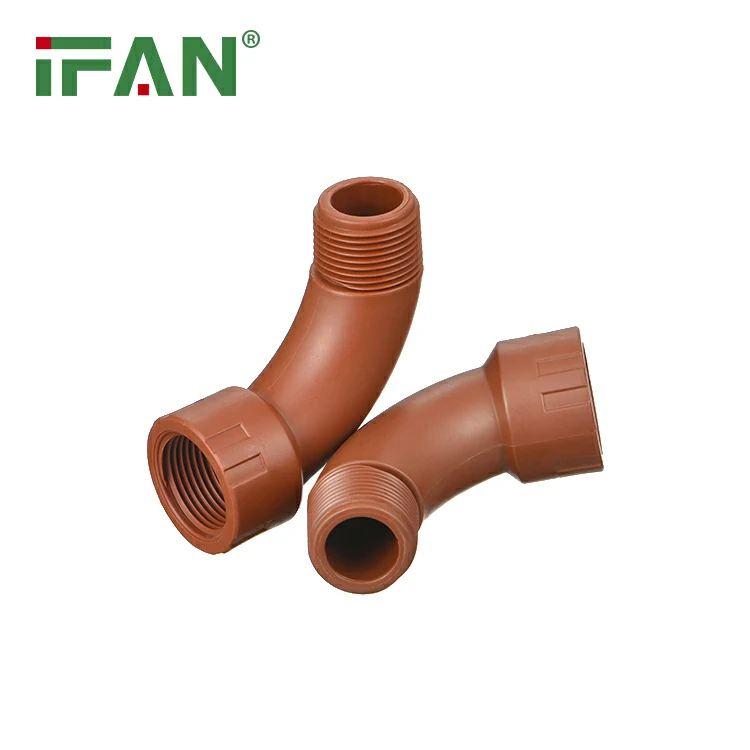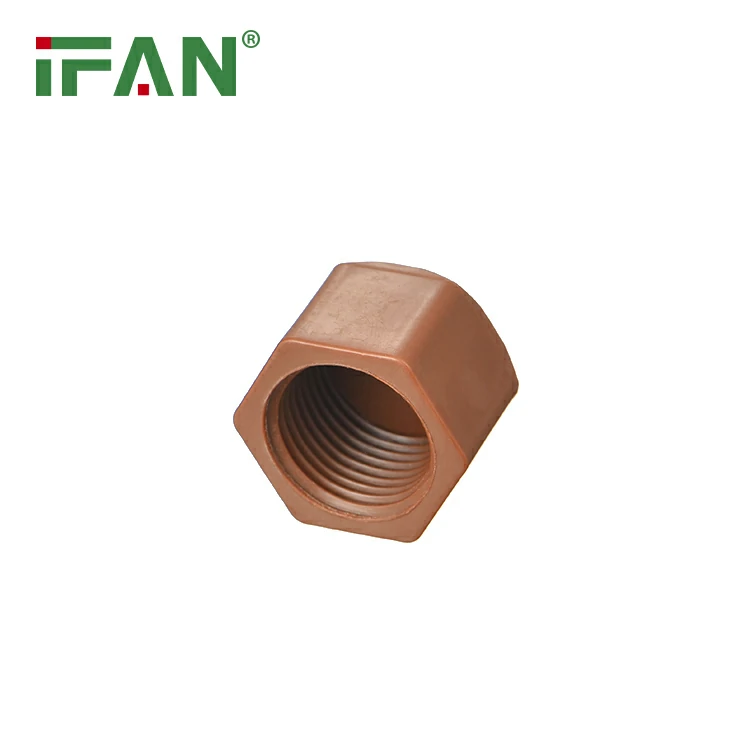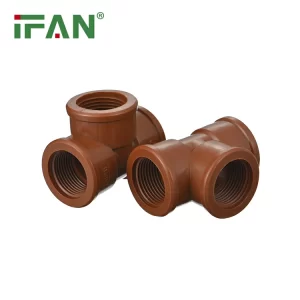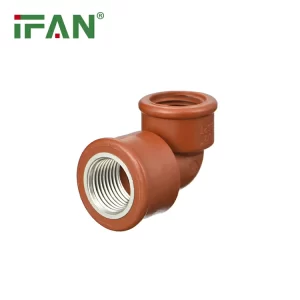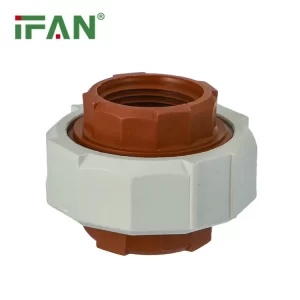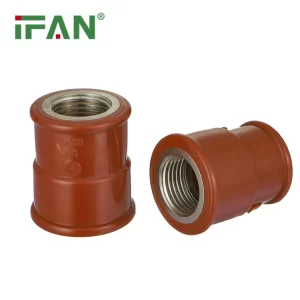Description
IFAN factory 30+ years manufacture experience support color /size customization support free sample.Welcome to consult for catalog and free samples.This is our Facebook Website:www.facebook.com,Click to watch IFAN’s product video.Compared with Tomex products, our IFAN products from quality to price are your best choice, welcome to buy!
Polypropylene Homopolymer (PPH) fittings have become an essential choice in various industrial applications, particularly due to their excellent corrosion resistance. When selecting materials for piping systems, industries require durability, longevity, and chemical resistance. PPH fittings provide all of these qualities, making them the perfect solution for handling fluids that may otherwise damage traditional metal fittings. In this article, we will explore the advantages of PPH fittings, their applications, and how they can contribute to long-lasting, efficient systems.
What Are PPH Fittings?
PPH fittings are made from Polypropylene Homopolymer, a type of thermoplastic material that offers superior strength, resistance to chemicals, and excellent performance in various industrial applications. These fittings are widely used in piping systems for chemical processing, water treatment, pharmaceuticals, food industries, and other sectors where corrosion resistance is crucial. Available in different sizes and shapes, PPH fittings ensure seamless integration into a wide variety of piping systems.
Why PPH Fittings Are Corrosion-Resistant
The primary reason PPH fittings stand out in industries dealing with aggressive chemicals or extreme environments is their exceptional resistance to corrosion. Unlike metal pipes and fittings that can easily rust or degrade when exposed to acidic or alkaline substances, PPH fittings are designed to withstand a broad range of chemicals without losing their structural integrity.
– Chemical Resistance: PPH fittings are highly resistant to various chemicals, including acids, bases, salts, and solvents. This makes them perfect for applications in chemical plants, wastewater treatment facilities, and other industries where pipes regularly come into contact with corrosive substances.
– Non-corrosive Material: Polypropylene itself is a non-corrosive material, meaning it does not react with most chemicals, making it ideal for environments where chemical resistance is paramount. Additionally, it is immune to environmental conditions that typically cause corrosion in metals, such as moisture and air exposure.
– Durability: PPH fittings do not rust, rot, or degrade over time, which means that systems using these fittings will last longer and require less maintenance. This inherent durability reduces the risk of system failures due to corrosion and ensures that pipes and fittings maintain their strength even under challenging conditions.
Applications of PPH Fittings
PPH fittings are ideal for various industries where corrosion resistance is necessary. Here are some of the most common applications:
1. Chemical Processing
In chemical processing plants, there are frequent interactions with aggressive substances. PPH fittings ensure the integrity of the piping system by resisting corrosion caused by chemicals, preventing leaks, and ensuring safe and continuous operations.
2. Water Treatment Plants
PPH fittings are extensively used in water treatment facilities due to their resistance to chlorine, acids, and other chemicals commonly used in water purification processes. These fittings help maintain the efficiency and safety of water treatment systems.
3. Pharmaceuticals and Food Industry
The pharmaceutical and food industries require materials that do not contaminate the substances they handle. PPH fittings are ideal because they are non-toxic and resistant to bacteria and chemicals commonly found in these sectors, ensuring the purity and safety of the product.
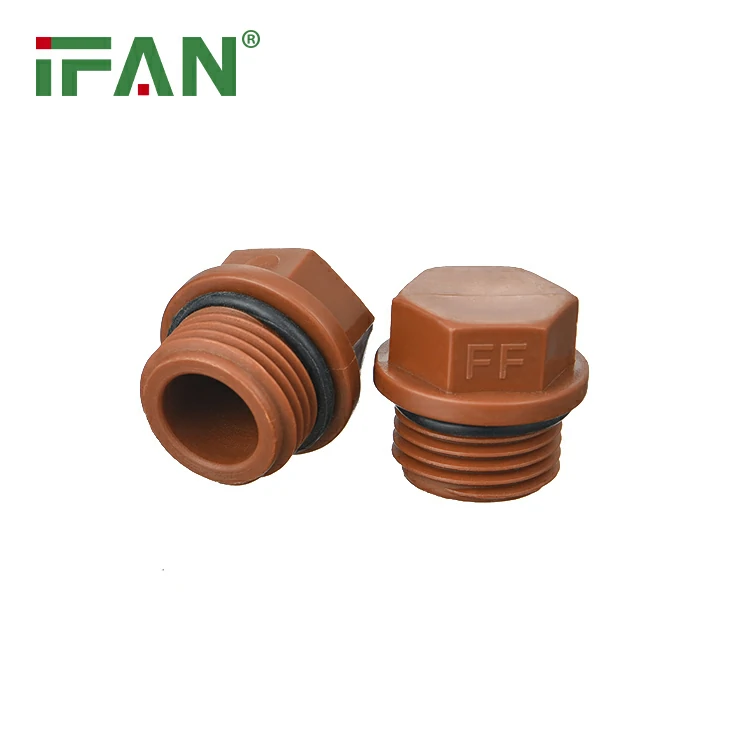
4. Pulp and Paper Mills
PPH fittings are highly beneficial in the pulp and paper industry, where chemicals like bleach and other caustic substances are used. PPH’s chemical resistance ensures that the pipes and fittings maintain structural integrity even when exposed to these harsh chemicals.
5. Marine Applications
PPH fittings are also used in marine environments, where corrosion due to saltwater exposure is a significant concern. These fittings provide long-lasting solutions for piping systems in ships, offshore platforms, and marine vessels.
Advantages of PPH Fittings Over Other Materials
1. Superior Corrosion Resistance
PPH fittings are highly resistant to both chemical and environmental corrosion, unlike metals like steel or iron, which can rust or degrade when exposed to moisture or harsh chemicals.
2. Lightweight and Easy to Install
PPH fittings are lightweight, making them easy to handle and install compared to traditional metal pipes. This not only reduces labor costs but also speeds up installation time.
3. Cost-Effective
While PPH fittings may have a higher upfront cost than certain materials, they are highly cost-effective in the long run. Their durability and resistance to corrosion mean that they have a longer service life, which reduces the frequency and costs of replacement and maintenance.
4. High Temperature Resistance
PPH fittings can withstand high temperatures, making them suitable for many applications that require heat resistance. While their temperature tolerance isn’t as high as some other materials, they still offer excellent performance in moderate temperature environments.
5. Environmental Friendly
Polypropylene is a recyclable material, which makes PPH fittings an environmentally friendly option for businesses looking to reduce their environmental impact.
How PPH Fittings Contribute to System Efficiency
The efficiency of any piping system is directly related to the material’s resistance to wear, tear, and corrosion. PPH fittings help maintain optimal flow rates in pipelines by preventing the buildup of corrosion, scaling, or sediment, which could otherwise obstruct the system. Additionally, the superior sealing properties of PPH fittings ensure that there are fewer leakages and interruptions, further improving system efficiency.
– Reduced Maintenance: The long lifespan and corrosion resistance of PPH fittings reduce the need for frequent maintenance and system repairs. This contributes to lower operational costs and ensures that the system operates without disruptions.
– Increased Productivity: With fewer repairs and interruptions, systems utilizing PPH fittings can operate at full capacity, contributing to increased productivity. This is especially critical in industries where downtime results in significant financial losses.
– Lower Total Cost of Ownership: Although PPH fittings might have a higher initial cost, their long-term benefits, such as durability, reduced maintenance, and longer life expectancy, significantly lower the total cost of ownership of the piping system.
Conclusion
PPH fittings offer an ideal solution for industries that require corrosion resistance in their piping systems. Their chemical resistance, durability, and cost-effectiveness make them a top choice for applications in chemical processing, water treatment, pharmaceuticals, and other sectors. By opting for PPH fittings, companies can increase the longevity of their piping systems, reduce maintenance costs, and ensure the smooth operation of their facilities. Investing in PPH fittings guarantees a more efficient and reliable system in the long run.
Frequently Asked Questions (FAQs)
1. What are PPH fittings made from?
PPH fittings are made from Polypropylene Homopolymer, a thermoplastic material known for its excellent chemical resistance and durability.
2. What are the primary benefits of using PPH fittings?
The main benefits include superior corrosion resistance, high chemical resistance, long lifespan, lightweight for easy installation, and cost-effectiveness over time.
3. Can PPH fittings be used for high-temperature applications?
Yes, PPH fittings are suitable for moderate to high-temperature applications, but it’s essential to verify the specific temperature tolerance for each fitting.
4. Where are PPH fittings commonly used?
PPH fittings are used in industries like chemical processing, water treatment, pharmaceuticals, food manufacturing, pulp and paper mills, and marine applications.
5. Are PPH fittings environmentally friendly?
Yes, PPH fittings are made from recyclable materials, making them an environmentally friendly option for sustainable piping systems.
Related products


